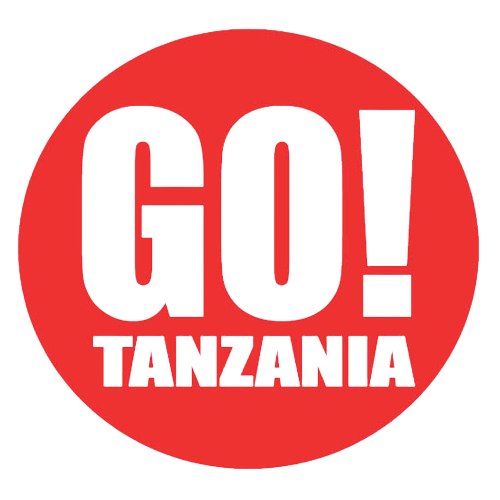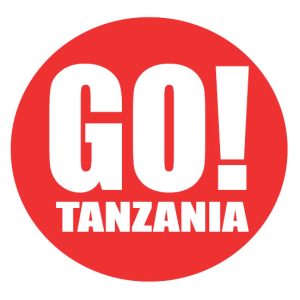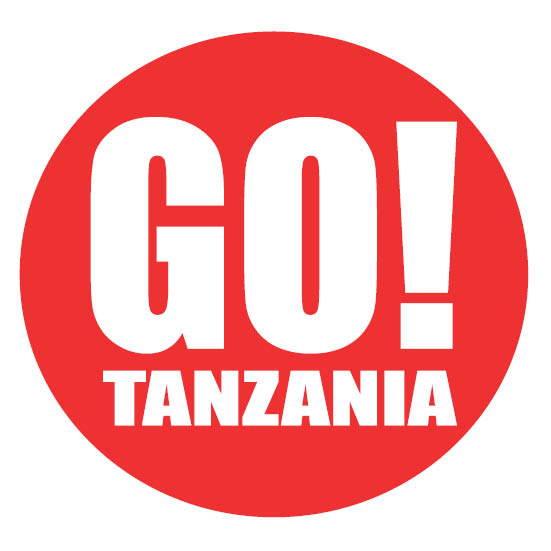
Beyond theoretical discussions, the workshop featured a captivating live demonstration of the Ethiopian coffee ceremony. Participants witnessed the full ceremonial process—roasting and grinding beans, brewing in a traditional jebena (clay coffee pot), and serving the aromatic brew alongside traditional accompaniments.
The presence of community elders and religious leaders added a spiritual dimension to the experience, underpinning the role of the coffee ceremony in fostering dialogue, hospitality, and social cohesion.

Speaking at the event, Ms. Latifa Aba Biya, Head of the Jima Town Culture Officefrom the expressed gratitude on the outcomes of the workshop, stating:
“The Ethiopian coffee ceremony is not merely about drinking coffee; it is a deeply rooted tradition that brings people together, fosters understanding, and strengthens community ties. We are delighted to see such enthusiastic participation in this important step towards international recognition.”
The workshop concluded with a collective commitment to finalizing Ethiopia’s nomination file, ensuring that the nation’s cherished coffee tradition gains global recognition as an intangible cultural heritage of humanity.
As Ethiopia moves forward with its submission, the passion displayed by its people is a testament to the enduring cultural significance of the coffee ceremony—a ritual that remains at the heart of Ethiopian identity, both in daily life and special occasions.
UNESCO



